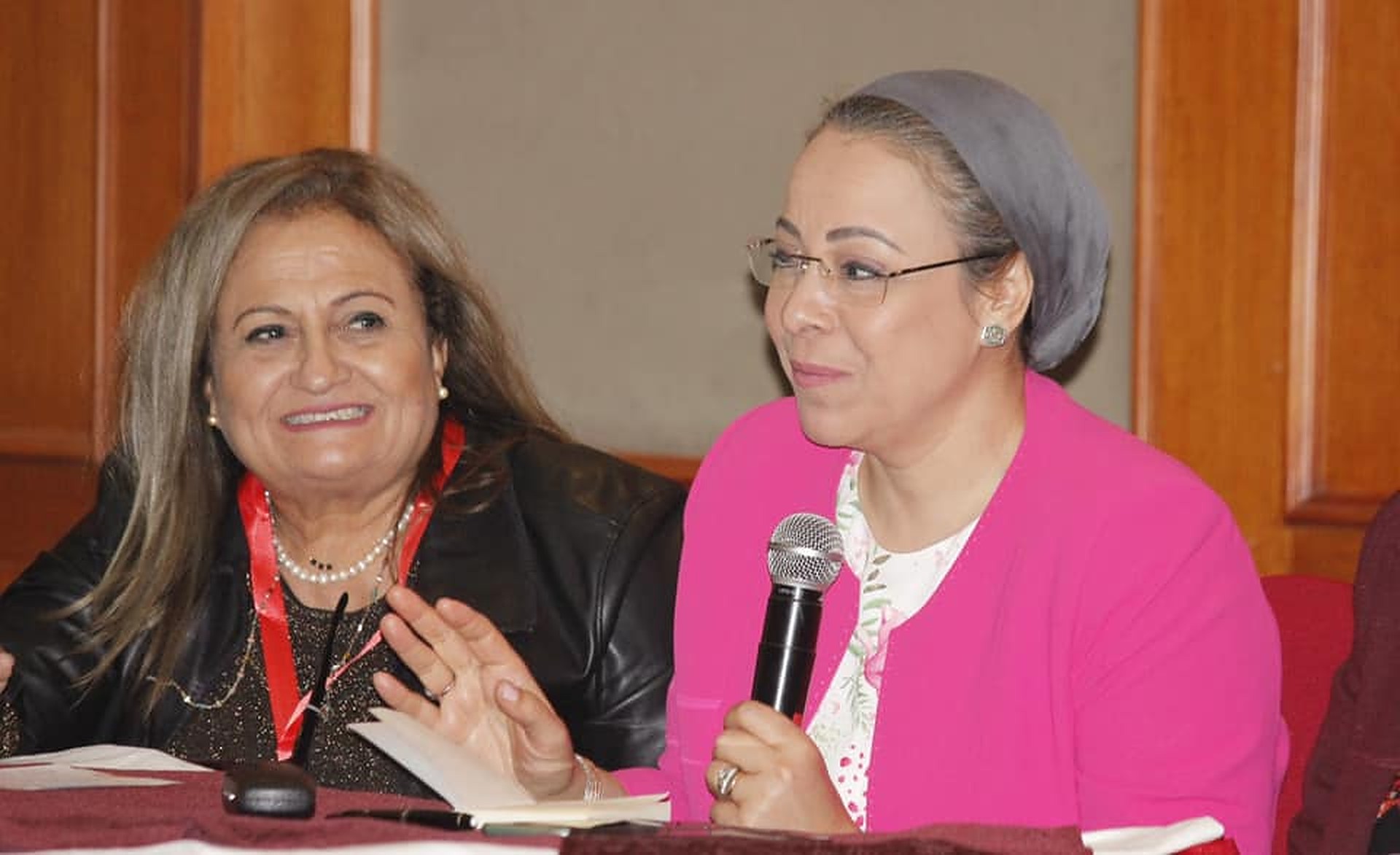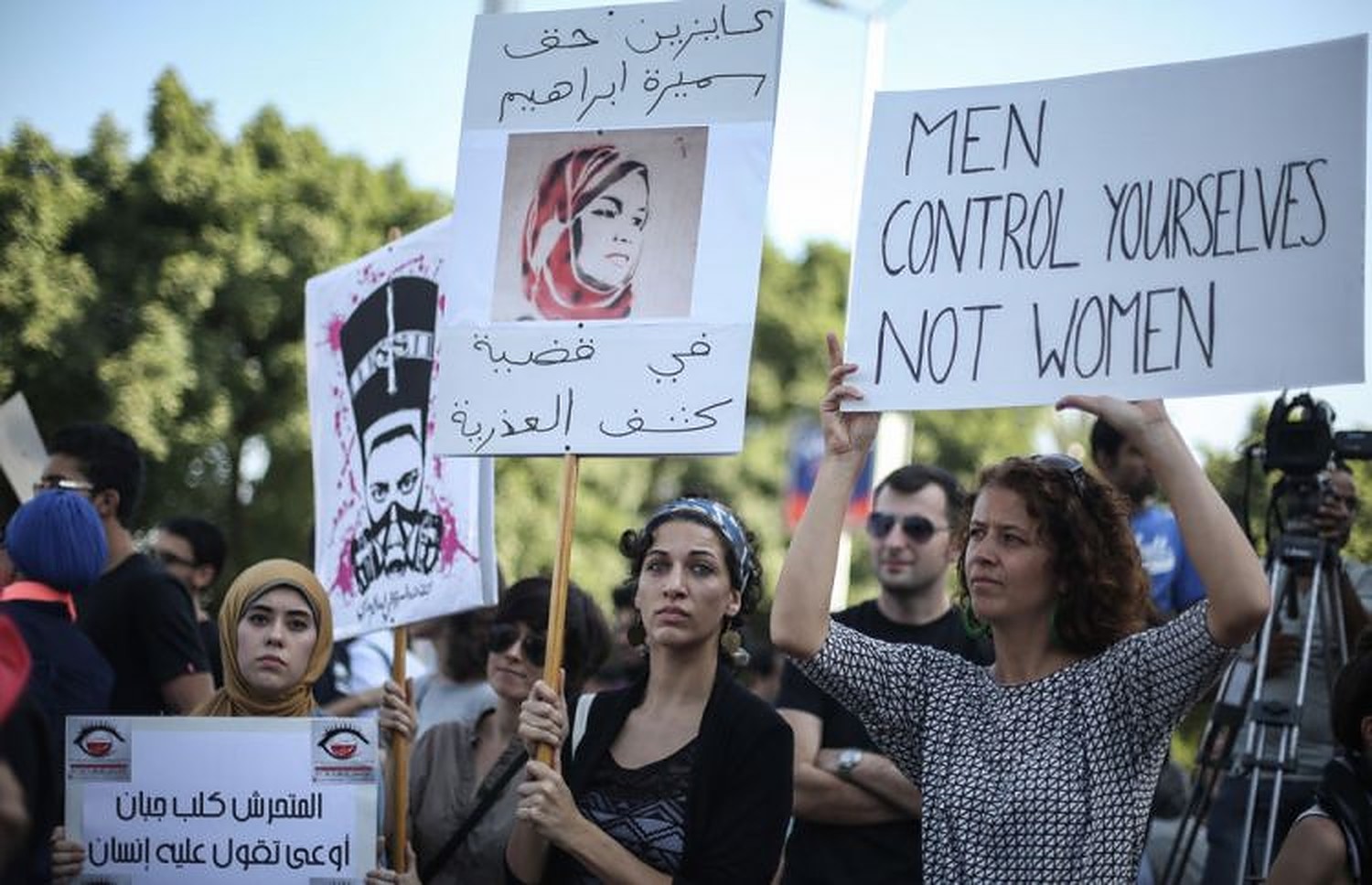
After two years of long investigations and trials, three men who had kidnapped and raped Farha in 2018, a young 17-year old woman in the village of Qena known as ‘Farshout Girl’, have recently been given the death sentence on Tuesday, July 21st. Yet new facts in the case reveal the importance of developing new protection mechanisms for victims.
According to a statement by the Egyptian Centre for Women’s Rights, Farha spent a night in the police station despite the recent judicial ruling. The girl also sent a pleading message through press asking security authorities to protect her, as the families of the three defendants continue to send her threats and track the whereabouts of her family.
Senior lawyer Nehad Abouk Komsan and chairwoman of the Egyptian Center for Women’s Rights stresses the need for a legal mechanism to protect victims. “We need units committed to fighting violence against women in police stations, and centers to provide support and protection for women from any acts of revenge by the families of the accused,” she says.
The center also called on security authorities to help Farha to return back to society and provide her with a safe and dignified life in order to help her to complete her education.
Previously, Farha has been subjected to several threats to force her to withdraw her case since the start of legal procedures in 2018. She took all the necessary legal measures despite her family’s exposure to threats by the families of the accused, to the extent that they had to leave their village and move to another place, though their location is still being tracked.
The threats increased after her appearance in the “Hekayat Nehad” program presented by lawyer Nehad Aboul Komsan on Al Qahera Wel Nas channel, in an episode entitled “Rape Cases and Breaking the Silence”, which was less than two weeks before the ruling.
A victim-centered approach
Early this July, Egypt’s Prime Minister Mostafa Madbouly approved a legislative amendment in the criminal code to protect the identities of victims of harassment, rape and assault during court cases. This would enable legal prosecutors to conceal the data of victims in order to protect them from possible retribution from perpetrators or external parties.
“When girls contact me to report on rape cases, they always ask about details in regards to the environment in which the investigations will be made, how they will be protected, and when they discover the reality, they withdraw,” Aboul Komsan says, “This is why a safe environment, which allows the victim to enjoy privacy and protection, is vital.”
While there are no credible statistics on the number of rape cases in Egypt, Heidi Basch-Harod, Women’s Voices Now executive director and a junior researcher at Moshe Dayan Center for the Middle East and African Studies, estimate that it could range from 20,000 to 200,000 cases per year, according to the Globe Post.
According to Aboul Komsan, Egyptian women are still reluctant to report their cases due to lack of confidence in the legal system and the law enforcement’s fragility. More awareness is needed through training of officials and lawyers, public awareness campaigns, and other measures in order to prevent any kind of discrimination in legal process.
Women’s rights organizations have previously expressed concern on the power and ability of judges to reduce the sentence of the accused. For instance, the Criminal Code states that “in felony counts, if the conditions of the crime for which public prosecution is initiated necessitate a grant of clemency by the judges, the penalty may be changed,” meaning that the judge often has discretionary power to enforce simple imprisonment without justification.
“Victims who speak about their assault can often be misunderstood, as due to the traumatizing effects of the event, they can choose to remain silent or experience great pain in times of retelling their stories, which can be met with disbelief by prosecutors,” Aboul Komsan adds.
A victim-centered and trauma-informed approach is essential to establish confidence in the justice system and provide better outcomes for sexual assault victims.







Comments (0)